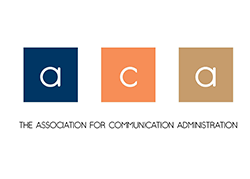Abstract
This article explains the problems associated with ways cheating situations are handled in colleges and universities. Two specific types of knowledge are needed by faculty members: one, what cheating is, and, two, the university's policy. The potential for problems revolves around the University's Academic Misconduct Code: first, many faculty are not aware of their university's code and second, many faculty do not follow the codes. Administrators are also involved in a number of other decisions that could impact student cheating behaviors. Additionally, administrators are typically the university officials implementing the middle and latter steps of the academic misconduct process. Thus, the rules at the institutions should be examined because the courts have consistently held that due process is determined to have happened only if (1) the university process is fair and (2) the university follows each step. Administrators need to know this information.
Recommended Citation
Stearns, S. A. (1997). Administrative ramifications of student cheating. Journal of the Association for Communication Administration, 26(2), 133–139.


